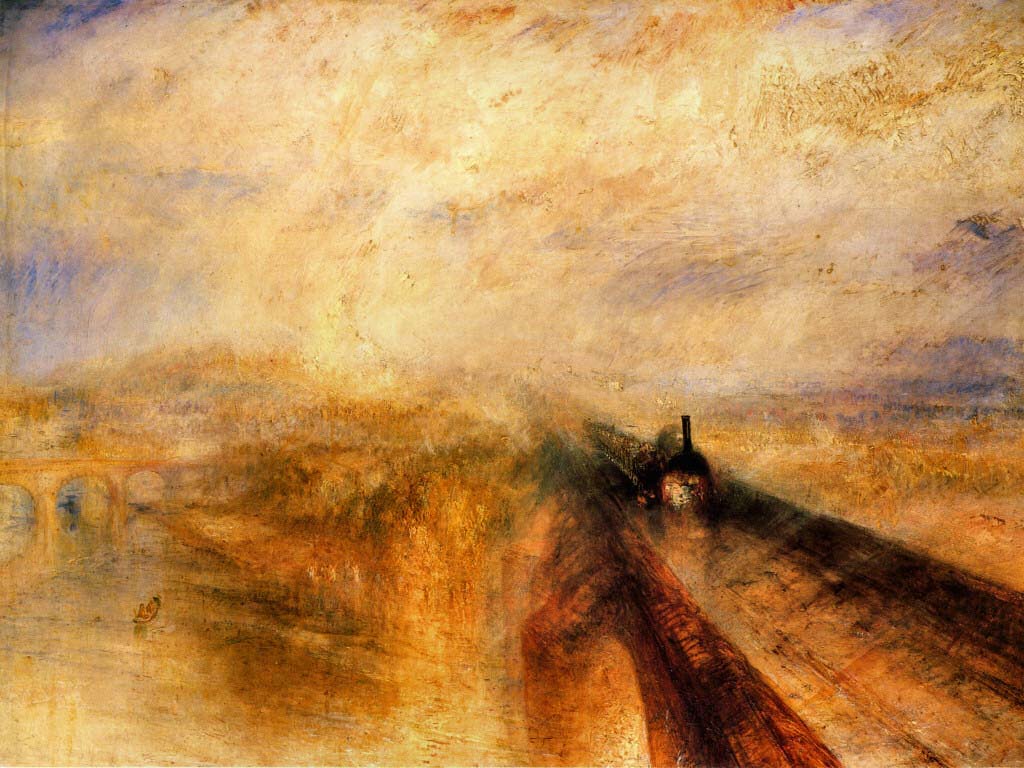
The film Mr Turner is an intriguing, at times annoying, but always fascinating attempt to answer Elizabeth Jennings question: What were the bonds and limits, the constraints and disciplines that enabled such innovative art to establish itself as a profoundly new but powerful form of seeing the world? The inner vision of the artist is part of the mystery that may even elude conscious capture by the artist himself. The film never answers the questions of motives and origins, refusing to attempt an explanation by source criticism of the emotions, experiences and relationships which deeply engage the mind and heart and find expression in creative art.
Jennings poem simply celebrates the reality. Such form is there, and most there when invisible. The artist's self-expression, paradoxically, is at its most visible when the self is eclipsed by the actions and inner impulses which strive towards something as yet imagined, but no less real for that. As a matter of fact, this poem would be a good critical framework within which to ask the question, Is this a good film? What does it achieve? Do I understand more about how the artist works within limits but always pushes them, to the limit of of the limits.
Tribute to Turner
What were your bonds and limits? It is hard
For us to see them yet there must be some
Since art can only flourish locked and barred
By form. However inward; it must come
To keep off sprawl and chaos. Out of sight
Yours are but they are firm. Within your craft
The storm, the tides are held by day and night,
Leashed strongly in and so the looker's left
With fire and blood and steam. There is no fear
For us but only wonder. Nature is
At your command when you most disappear
And so we're caught up in your ecstasies
And large delight that's present everywhere
And what seems peril has the power to please.

Leave a Reply